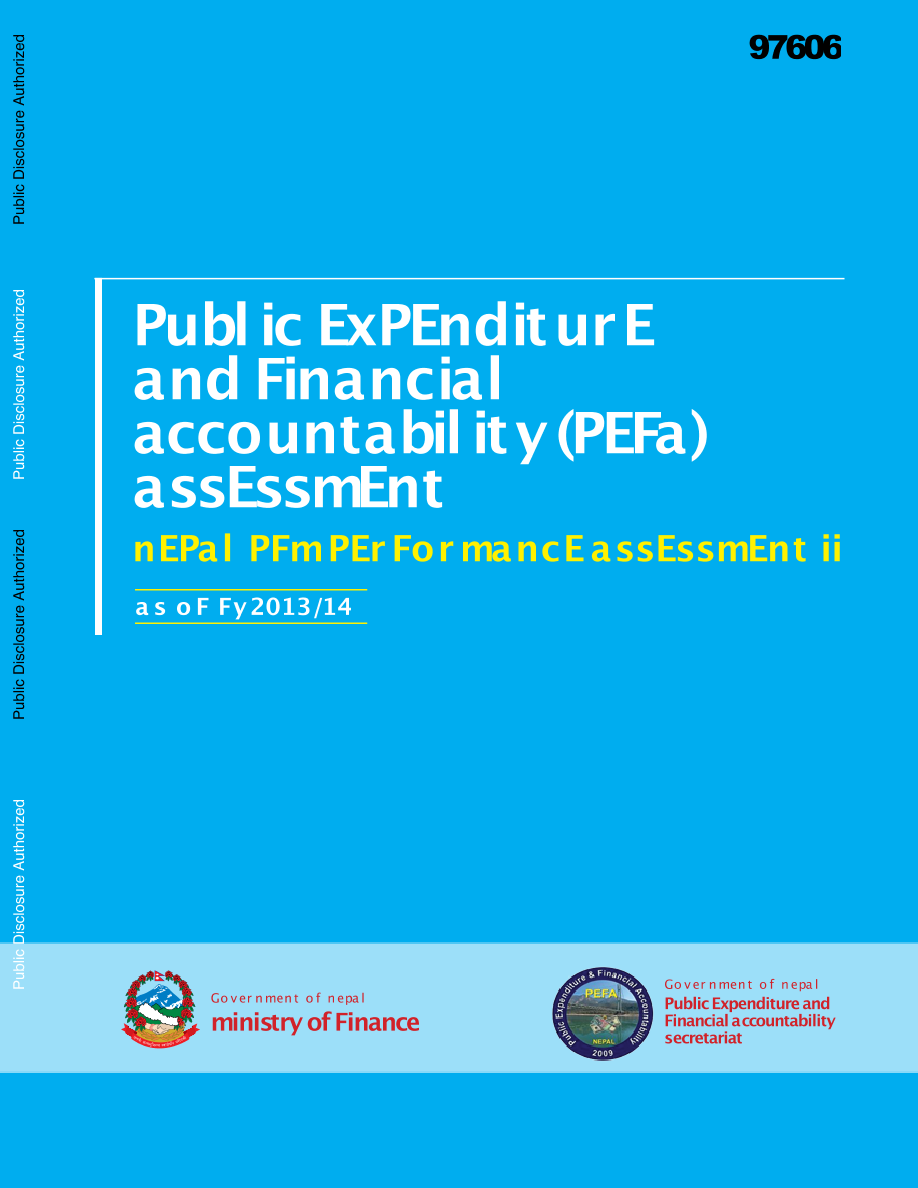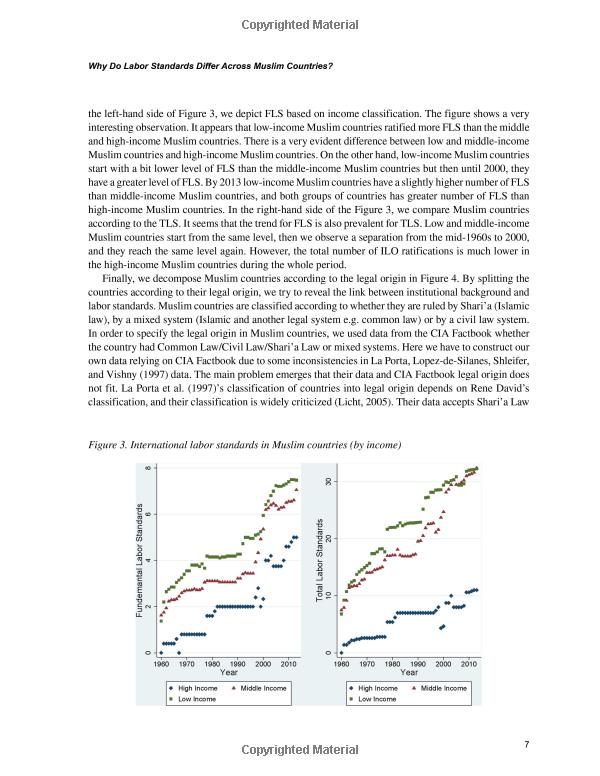Understanding Financial Aid Loan Exit Counseling: A Comprehensive Guide for Graduates
#### Financial Aid Loan Exit CounselingFinancial aid loan exit counseling is a crucial step for students who are graduating or ceasing to enroll in school……
#### Financial Aid Loan Exit Counseling
Financial aid loan exit counseling is a crucial step for students who are graduating or ceasing to enroll in school. This process educates borrowers about their rights and responsibilities regarding federal student loans. It ensures that graduates understand the terms of their loans, including repayment options, interest rates, and potential consequences of defaulting on a loan.
#### The Importance of Exit Counseling
Exit counseling serves multiple purposes. First and foremost, it provides essential information on how to manage student debt effectively. Many graduates may feel overwhelmed by the prospect of repaying their loans, especially if they have taken out multiple loans throughout their academic career. Exit counseling helps demystify the repayment process, making it more manageable.
Additionally, exit counseling is required by federal law for students who have received federal student loans. Schools must ensure that students complete this counseling before they graduate or leave school. By doing so, institutions help their students make informed decisions about their financial futures.
#### What to Expect During Exit Counseling

During the exit counseling session, students will typically learn about:
1. **Loan Types and Amounts**: Borrowers will review their loan history, including the types of federal loans they have received, the total amount borrowed, and the interest rates associated with each loan.
2. **Repayment Plans**: Students will be introduced to various repayment options available to them. This may include standard repayment, graduated repayment, income-driven repayment plans, and more. Understanding these options is vital for choosing a plan that fits one's financial situation.
3. **Grace Periods**: Most federal student loans come with a grace period, which is a set period after graduation during which borrowers are not required to make payments. Exit counseling will explain how long this grace period lasts and what borrowers should do during this time.

4. **Consequences of Default**: It is essential for borrowers to understand the risks associated with defaulting on their loans. Exit counseling will cover the potential financial consequences, such as damaged credit scores, wage garnishment, and loss of eligibility for future financial aid.
5. **Resources for Assistance**: Finally, exit counseling will provide information on where to seek help if borrowers have questions or need assistance with their loans. This may include contact information for loan servicers, financial aid offices, and nonprofit credit counseling services.
#### Preparing for Repayment
To prepare for repayment, graduates should take proactive steps. They should keep track of their loans and loan servicers, ensure that their contact information is up to date, and familiarize themselves with their repayment options. Creating a budget that accounts for loan payments can also ease the transition into repayment.

Additionally, graduates should consider setting up automatic payments with their loan servicer. Many servicers offer a discount on interest rates for borrowers who enroll in automatic payments, making it a financially savvy choice.
#### Conclusion
In conclusion, financial aid loan exit counseling is an invaluable resource for graduates as they transition from student life to the workforce. By understanding their loans, repayment options, and the importance of managing their debt wisely, graduates can set themselves up for financial success. Completing exit counseling is not just a requirement; it is a vital step toward taking control of one's financial future. Graduates are encouraged to take this process seriously and to reach out for help if they have any questions or concerns about their student loans.